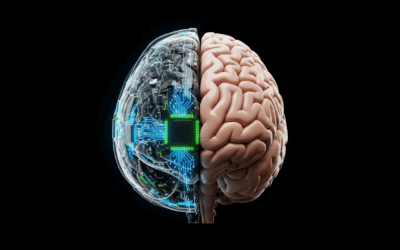To Get Better at AI, Get Better at Finding AI Talent
The Defense Department’s recent efforts to raise its artificial intelligence game have revealed a few obstacles. There are no cohesive goals across the military branches, and there is no way of knowing whether each service has enough people with the right skills. DOD should work with the services to establish AI-specific goals for cultivating technical talent, make it easier for all personnel to learn about AI and put it to use, and enable AI “rock stars” to succeed.
It is currently impossible for the DOD to assess its AI posture, let alone assert leadership in AI. That’s because posture assessment requires measurement. When it comes to its people, no service has clearly defined its “AI workforce,” identified who’s in it, or established ways to measure that they are being appropriately assigned and promoted. There is also no clear way to measure a service’s AI talent needs, or ensure those needs are being met.
But one thing widely believed about DOD and AI is turning out to be untrue. Though the prevailing narrative holds that that the Pentagon is unable to compete for talent, recent research from the Center for Security and Emerging Technology, or CSET, in collaboration with the MITRE Corporation, found that the DOD is a top employer of technical talent in the United States. The problem is many technical experts are hidden, underidentified, and underused.
Our interviews with experts and AI-engaged organizations throughout the DOD shine a light on current challenges with cultivating a corps skilled in AI. People with advanced training or experience in AI-related fields are routinely not assigned to related roles. Personnel that upskilled or trained themselves in technically relevant ways did so on their own time and have limited opportunities to use those skills. Those that do, but are outside of their career track, risk promotion or other advancement. Senior leader champions and what we call “rock stars,” change agents on the leading edge, are actively using their platform as a catalyst for change to elevate the importance of technical expertise, but it remains unclear if they will be successful or what happens when they leave their current assignments.
It is unacceptable for these challenges to be shrugged away as “service culture.” Yes, rising leaders understand the criticality of technical expertise, and this will infuse DOD culture over time. But the DOD cannot wait that long. The Office of the Secretary of Defense, in coordination with the services, must empower its uniformed and civilian talent today.




